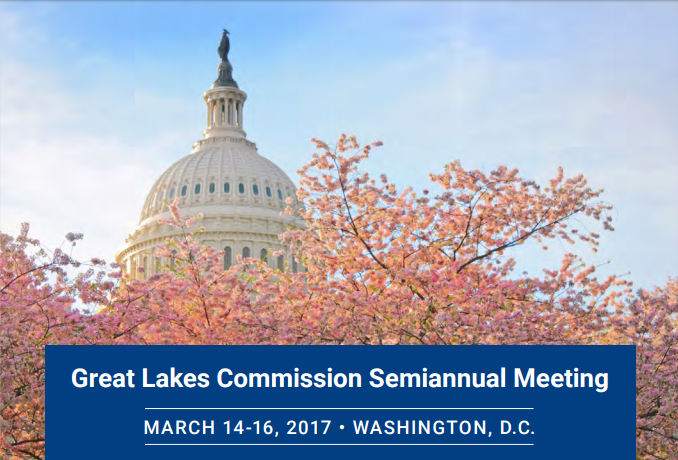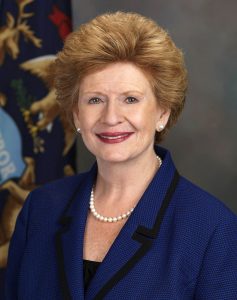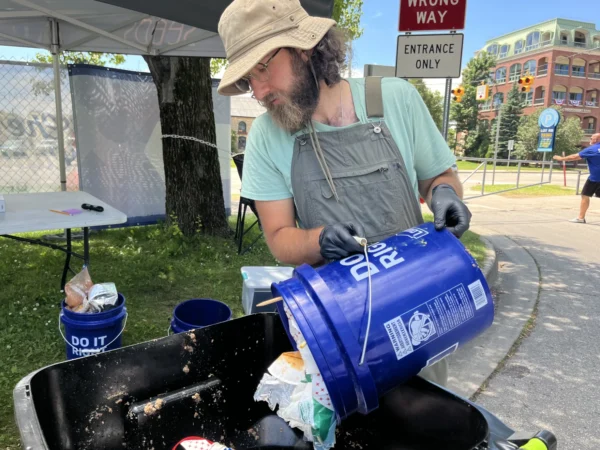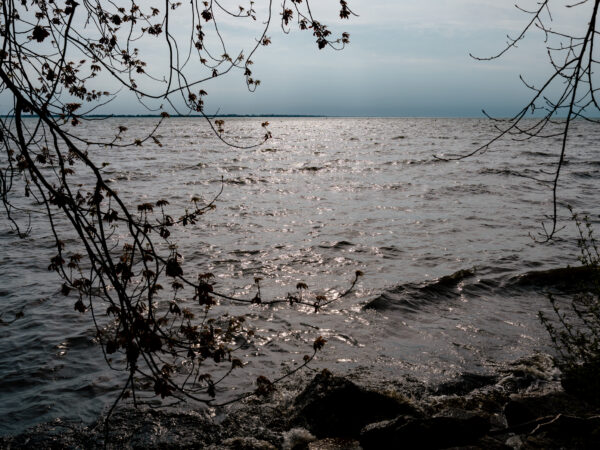
Hundreds of Great Lakes experts, scientists, business leaders, advocates and activists are in Washington D.C. this week for the Great Lakes Commission Semiannual Meeting and Great Lakes Day in Washington.
The majority of the participants say this is one of the most crucial times the Great Lakes has faced in decades.

Debbie Stabenow, courtesy of the office of Senator Debbie Stabenow
Keynote Speaker U.S. Senator Debbie Stabenow said, “It’s all hands on deck” for people who care about the Great Lakes. She said the things she’s hearing on Capitol Hill – including a 97 percent cut to Great Lakes Restoration Initiative Funding and massive layoffs and funding cuts to the EPA – “make my hair go on fire!”. She tells Great Lakes Now, “This is going to take all of us working together”.
Experts at various panels and meetings here in Washington D.C. agree that vital programs that keep the Great Lakes healthy are on the chopping block: funding to clean up toxic hot spots, money that helps keep drinking water safe, funding that could help build a new lock in Sault Ste. Marie, and money that helps fight invasive species like Asian carp, as well as federal cash to fix aging infrastructures.
The proposal would cut funding for the Great Lakes Restoration Initiative from 300 million dollars in 2017 to 10 million dollars in 2018.
Many of the people participating in the meeting expressed shock and disappointment that research institutions like the Sea Grant program could be eliminated nationwide if the proposed Trump Administration cuts go through, as well as a joint program between the University of Michigan and Michigan State University that has provided Great Lakes research and advocacy for nearly 50 years.

Tim Eder, executive director of the Great Lakes Commission
As Executive Director of the Great Lakes Commission Tim Eder pointed out, this isn’t just about continued recreation and enjoyment of beautiful lakes, rivers and streams. It’s about jobs.
The GLC says the Great Lakes support 1.5 million jobs and 60 billion dollars in wages each year.
The Great Lakes contain 95 percent of the national supply of fresh surface water and provide drinking water for 48 million people.
A Great Lakes Commissioner from Ohio, Jim Weakley, with the Lake Carrier’s Association, says he is upbeat, however. (see video interview.) He says he’s convinced that this gathering, and citizens who are contacting their lawmakers to make clear their opposition to the Trump Administration’s proposed cuts will succeed in making the case for future of the Great Lakes. Weakley tells Great Lakes Now, “It’s not just about spending money. It’s about investing in the Great Lakes Region. It’s about restoring damage and leaving a legacy for the next generation. It’s about jobs, the economy, tourism, and the environment.“




